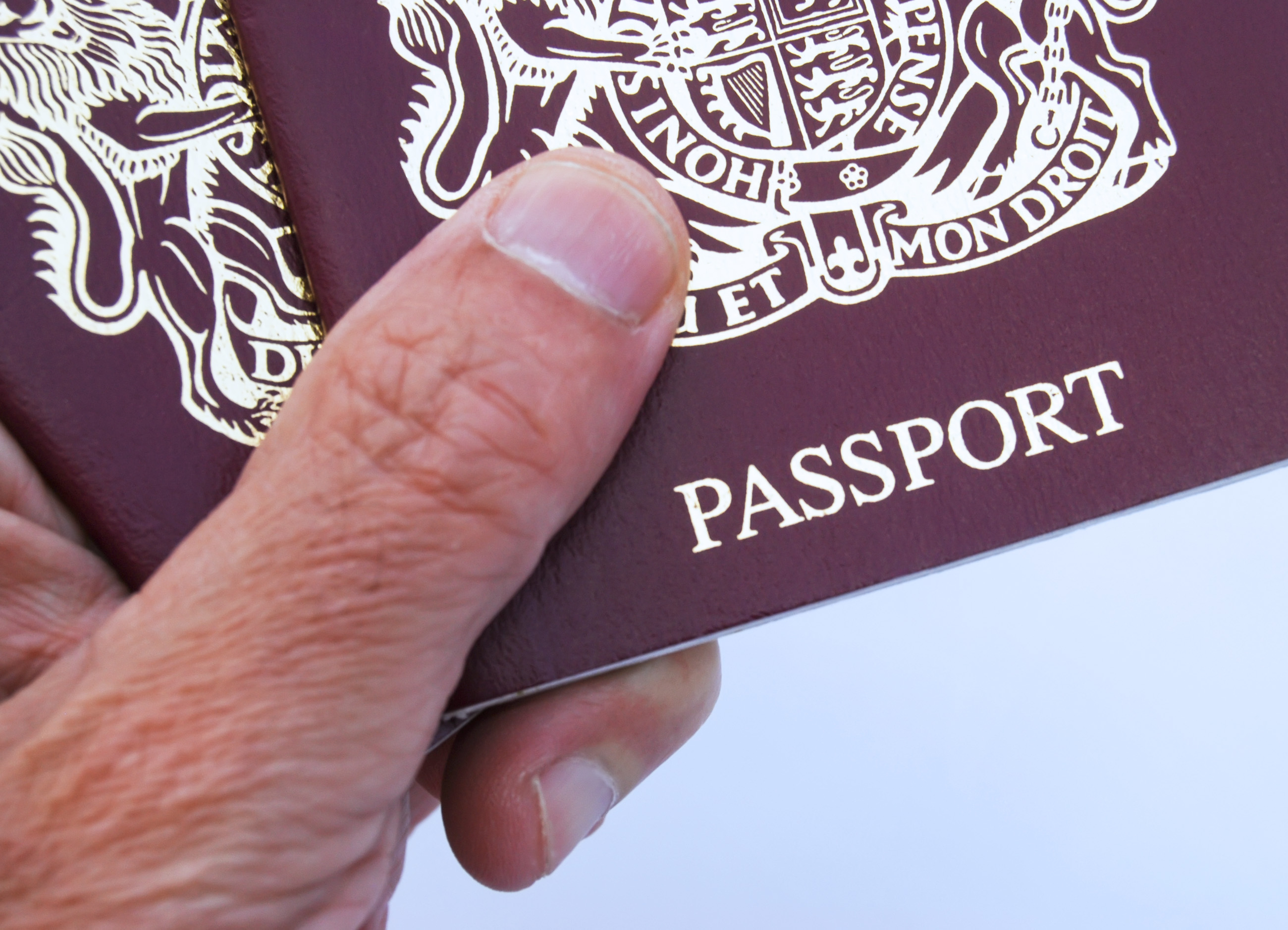
UK citizenship or naturalisation is the highest form of immigration status in the UK, allowing individuals to enjoy the rights and privileges of being a British national. In this blog, we will discuss the eligibility criteria and naturalisation process for obtaining UK citizenship.
Eligibility Criteria
To be eligible for UK citizenship, you must meet the following criteria:
- Legal Residence: You must have lived in the UK for a minimum of five years and held Indefinite Leave to Remain (ILR) status for the past 12 months. If you are applying on the basis of being married to a British citizen then you only need to show residence for a minimum of three years and can apply straight away after obtaining ILR. You also must not exceed a certain amount of absences from the UK during your residence in the UK without good reason. The number of absences differs for the spouse route and the five-year route.
- Good Character: You must not have a criminal record or pose a threat to national security.
- Knowledge of Life in the UK: You must pass the Life in the UK test.
- English Language Requirement: You must demonstrate a sufficient level of English language ability, either by passing an approved English test or holding a degree taught in English. There are certain exceptions to this including if you are aged over 65, are from a majority English speaking country or have a mental/physical illness that prevents you from taking a test.
Naturalisation Process
The naturalisation process for obtaining UK citizenship involves the following steps:
- Application: Submit your citizenship application form, pay the relevant application fee for your UK citizenship application and book an appointment with the Home Office to enrol your biometrics.
- Documents: Upload all your supporting documents including supporting evidence such as your passport, biometric residence permit (BRP), life in the UK test and evidence of English Language proficiency. You can pay extra for the documents to be scanned at the appointment if you wish.
- Appointment: Attend your appointment to enrol your biometrics. Always take hard copies of your supporting documents with you in case the officer wishes to see the original or scan it again in case it has not uploaded properly.
- Decision: Receive your decision, if the application has been successful, you will receive a decision along with an invitation letter to your citizenship ceremony. You will be given details on how to book your ceremony.
- Citizenship Ceremony: Attend a citizenship ceremony, where you will receive your certificate of British citizenship and become a UK national.
- Passport: If you wish to apply for your British passport you can now do so with your naturalisation certificate.
It is important to note that the naturalisation process can take several months to complete, and the requirements and eligibility criteria are subject to change.
UK citizenship is the highest form of immigration status in the UK and provides individuals with the rights and privileges of being a British national. To obtain UK citizenship, individuals must meet the specified eligibility criteria and complete the naturalisation process, including passing the Life in the UK test, demonstrating English language ability, and attending a citizenship ceremony. Consider seeking the help of a professional immigration solicitor to ensure a smooth and successful outcome.
If you require any assistance with a naturalisation/citizenship application then please do not hesitate to contact me.